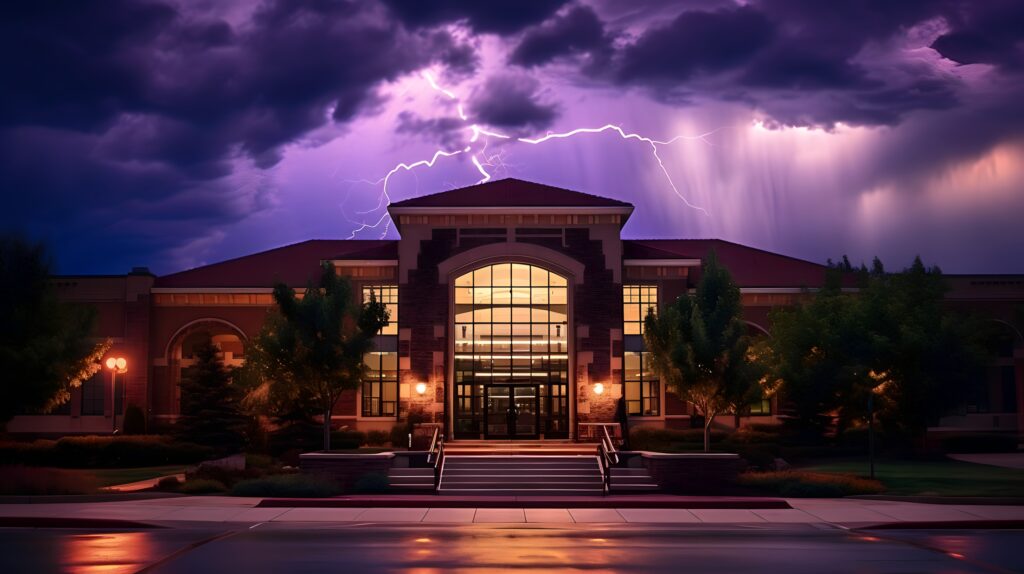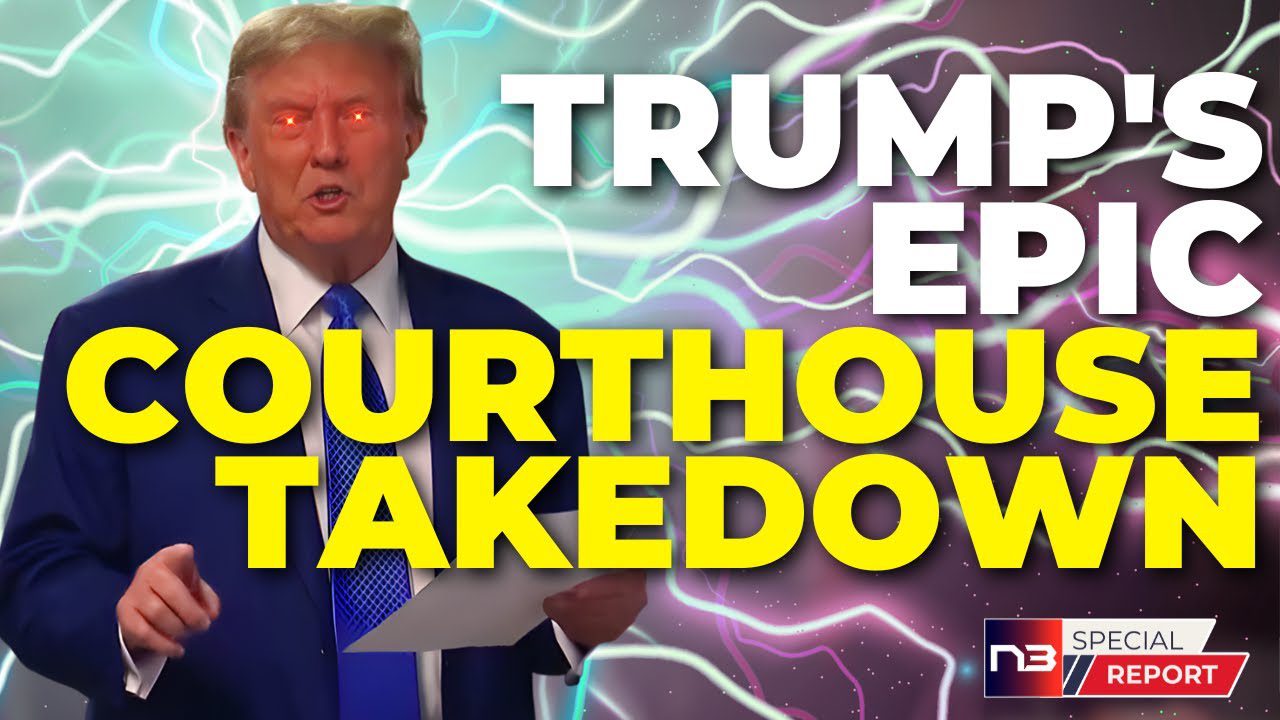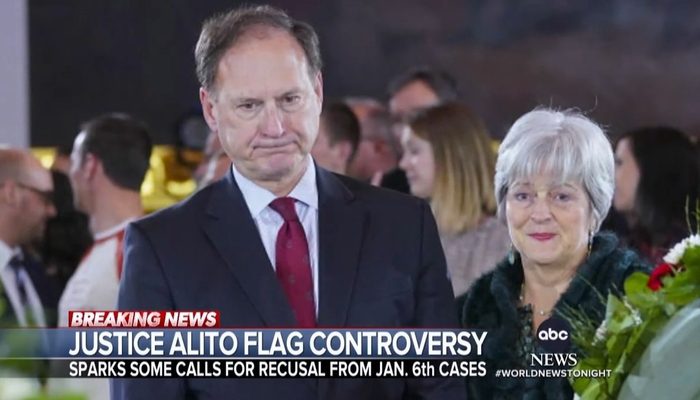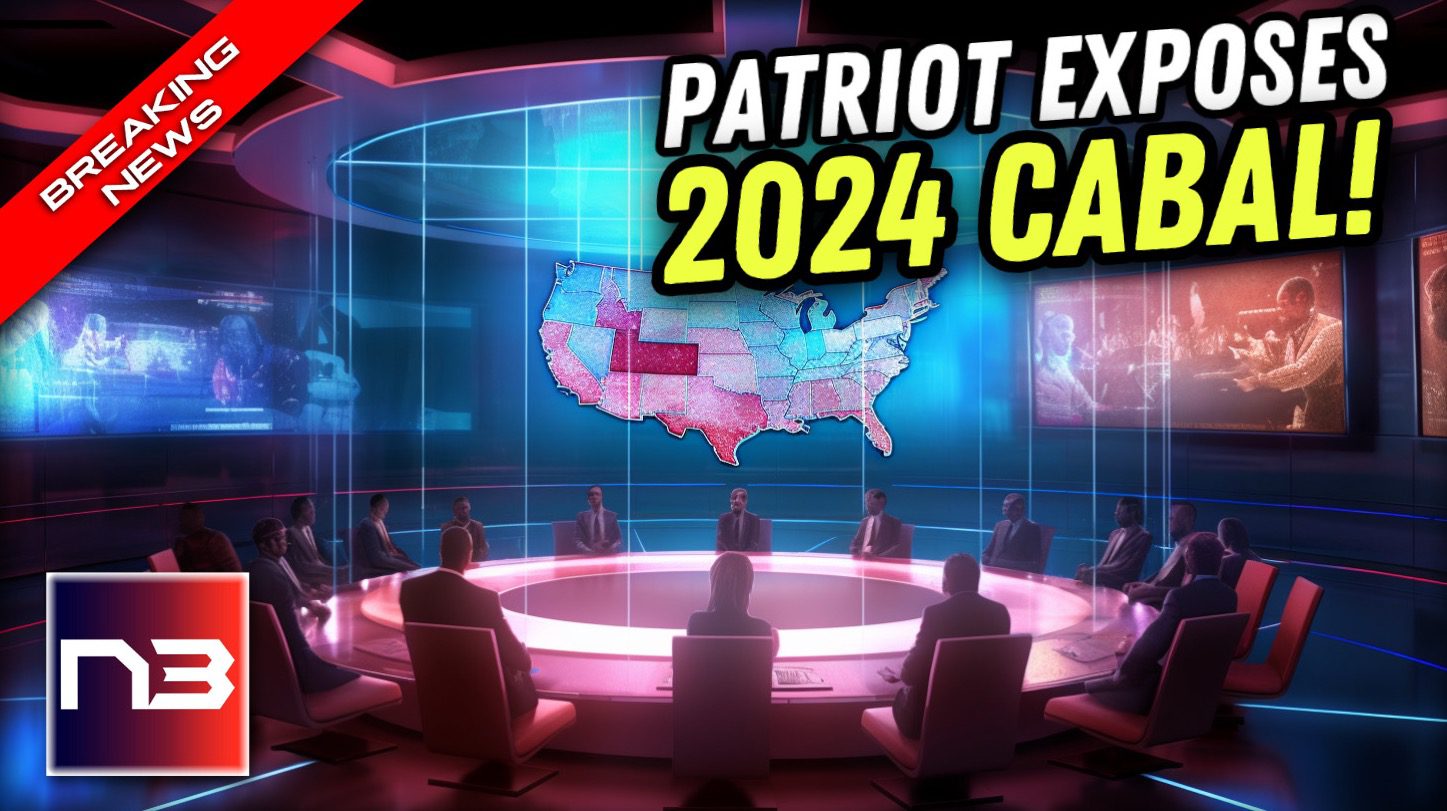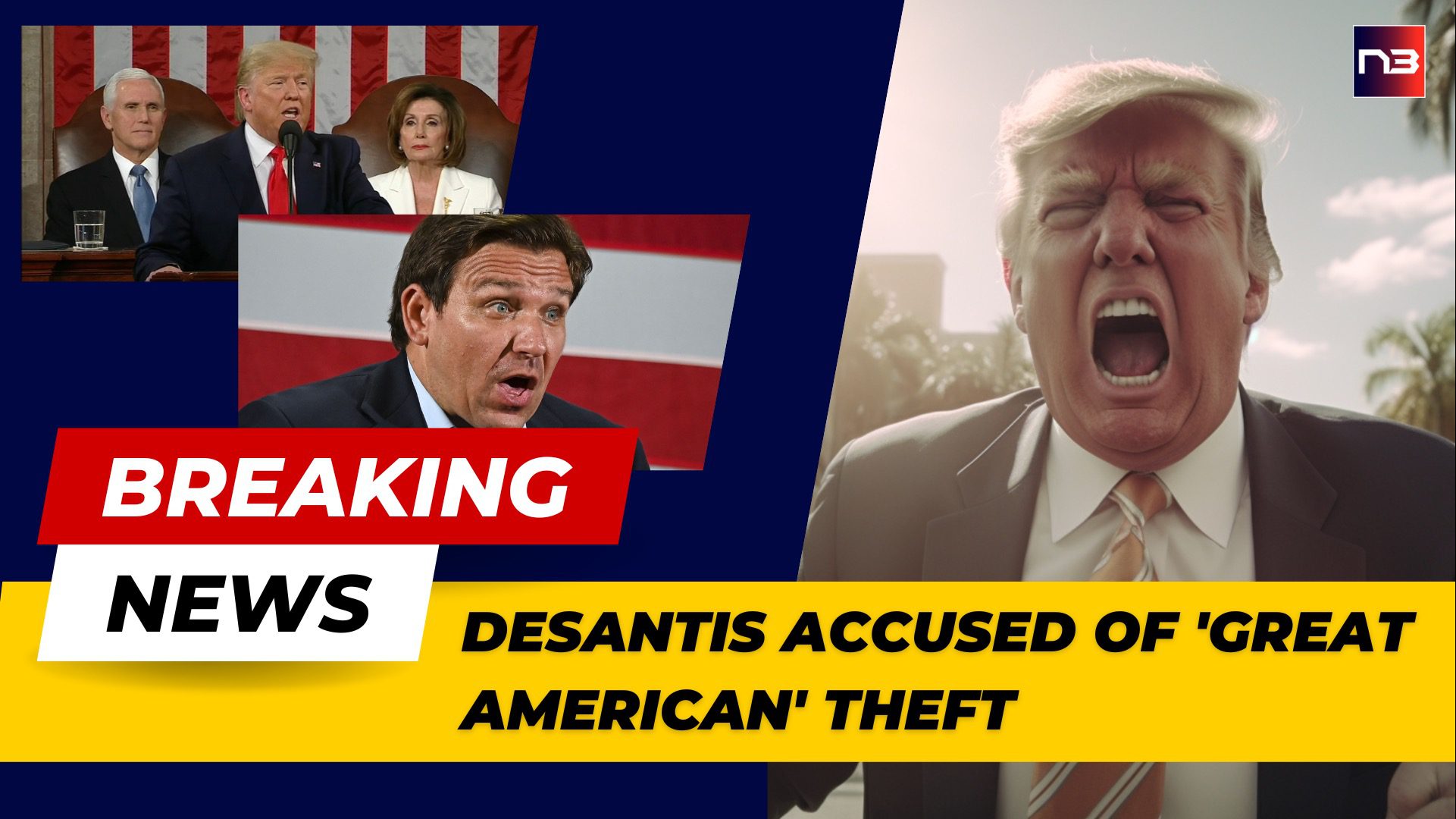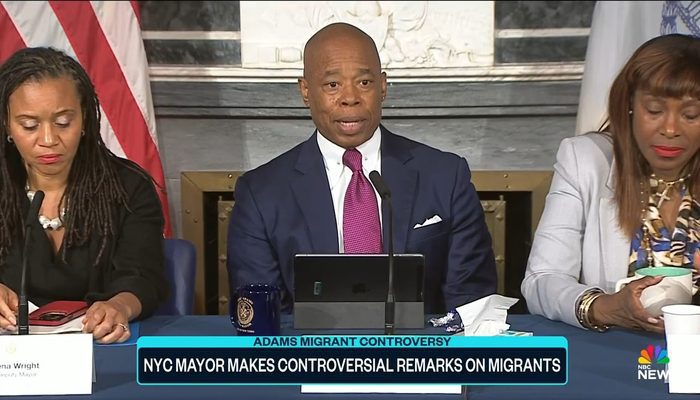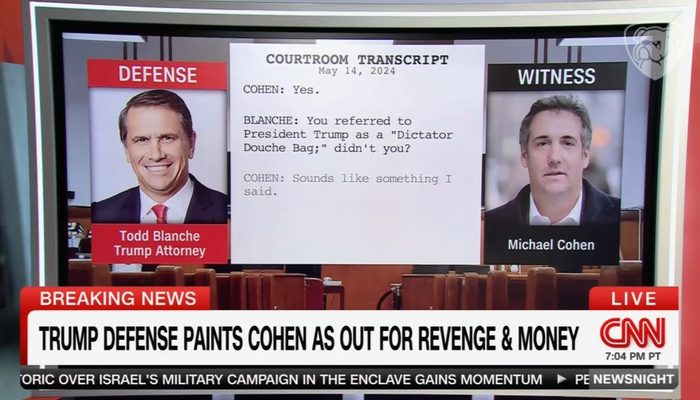Your local library: a tranquil haven of knowledge, or a Trojan horse for a communist agenda? A shocking new directive from the American Library Association (ALA) has sparked controversy. The introduction of a Diversity, Equity, and Inclusion (DEI) scorecard is seen by some as the embodiment of a woke Marxist blueprint. Why is the ALA policing our libraries instead of promoting free intellectual exploration? Let’s delve into the unsettling implications of this scorecard and why it’s a worrisome development for supporters of traditional conservative values.”
Since its inception, the ALA has stood as a stalwart defender of intellectual freedom, asserting that libraries should offer access to all viewpoints. However, this new DEI scorecard appears to depart from that principled stance. Under the guise of fostering diversity and inclusion, the ALA is pushing an agenda that, to many, smacks of cultural Marxism.
Of course the Communist-led American Library Association would procure a Diversity, Equity, and Inclusion scorecard for libraries. Of course they would.https://t.co/NsZUYgtTGo pic.twitter.com/AXP5WNUwBR
— James Lindsay, America's Top Mom (@ConceptualJames) July 11, 2023
The introduction of this DEI scorecard is not an isolated move. It’s part of a broader trend within the ALA of embracing far-left ideologies. For years, conservative voices have warned of the creeping influence of political correctness within our institutions. The ALA, it seems, is not immune.
At face value, promoting diversity, equity, and inclusion might seem benign. However, these terms have become code words in a larger ideological battle. They are often used as cover for an agenda that seeks to silence dissent, marginalize conservative perspectives, and enforce a uniformity of thought. In this light, the scorecard can be seen as a tool for ideological compliance rather than a means of fostering genuine diversity.
Consider the ‘Cultural Competence’ facet of the scorecard. This sounds appealing, but it’s a dangerous concept when used as a political weapon. It implies there’s a correct way to understand and interact with different cultures, a way that’s aligned with progressive viewpoints. Any deviation from this ‘correct’ perspective is often labeled as bigotry or cultural insensitivity.
Looks like libraries, at least in part thanks to the now Communist-led American Library Association, have jumped head-first into every Woke Marxist agenda item, including not only DEI but it's cousin "Cultural Competence." They're "Queering the Catalog"!https://t.co/3N53KX8311
— James Lindsay, America's Top Mom (@ConceptualJames) July 11, 2023
‘Queering the Catalog,’ another initiative under the DEI umbrella, threatens to further politicize our libraries. The intent is to highlight LGBTQ+ authors and themes, but the danger lies in the potential marginalization of traditional narratives and viewpoints. What we risk is the possibility of libraries becoming echo chambers of progressive thought, at the expense of diverse ideas.
Moreover, the scorecard’s focus on equity raises another concern. Equity, as defined by the far left, seeks equal outcomes, not equal opportunities. This approach undermines individual responsibility and initiative. It instills a sense of entitlement rather than fostering resilience and personal growth.
Our libraries have always been places where individuals, regardless of background, could explore a universe of ideas. This new DEI scorecard threatens to narrow that universe, to squeeze it into an ideological box that satisfies the far-left’s vision of how society should be.
Remember that the ALA doesn’t merely influence library policies. It plays a key role in shaping the curriculum of library science programs, molding the perspectives of future librarians. This scorecard, and the ideology it embodies, will be propagated to future generations of librarians, deeply ingraining this bias into our library systems.
It’s essential to note that advocating for true diversity and inclusion is not at issue here. The concern lies with the ideological skew that these concepts have taken on, and the potential for misuse in the name of a far-left agenda. While diversity in its authentic form – a multiplicity of ideas, perspectives, and experiences – should be encouraged, it shouldn’t be manipulated for political gain.
Libraries should remain a neutral ground, dedicated to promoting knowledge and understanding rather than political agendas. In their quest for diversity and inclusion, our libraries should ensure they do not exclude conservative ideas or stifle free thought. True diversity is intellectual diversity, and that includes conservative perspectives.
Today’s libraries need to recall the wisdom of the past. The ALA’s founding mission was to ‘provide leadership for the development, promotion, and improvement of library and information services.’ Pushing a divisive ideological scorecard doesn’t seem to fit this mission.
We must scrutinize this DEI scorecard for what it is – an insidious infiltration of a far-left agenda into our libraries, a place that should be free from political propaganda. We need to stand up for the intellectual freedom of our libraries and safeguard them from becoming ideological battlegrounds.”
In conclusion, the ALA’s DEI scorecard is a troubling symptom of a deeper ideological shift within our libraries. It represents an infiltration of far-left ideology under the banner of diversity and inclusion. Libraries should stand as bastions of intellectual freedom, not political indoctrination camps. The pursuit of diversity should not silence conservative voices or marginalize traditional values. As patrons and lovers of libraries, we need to stand against this disturbing trend and defend the timeless principle of intellectual freedom. Our libraries, and the free exchange of ideas they represent, are too important to lose.
